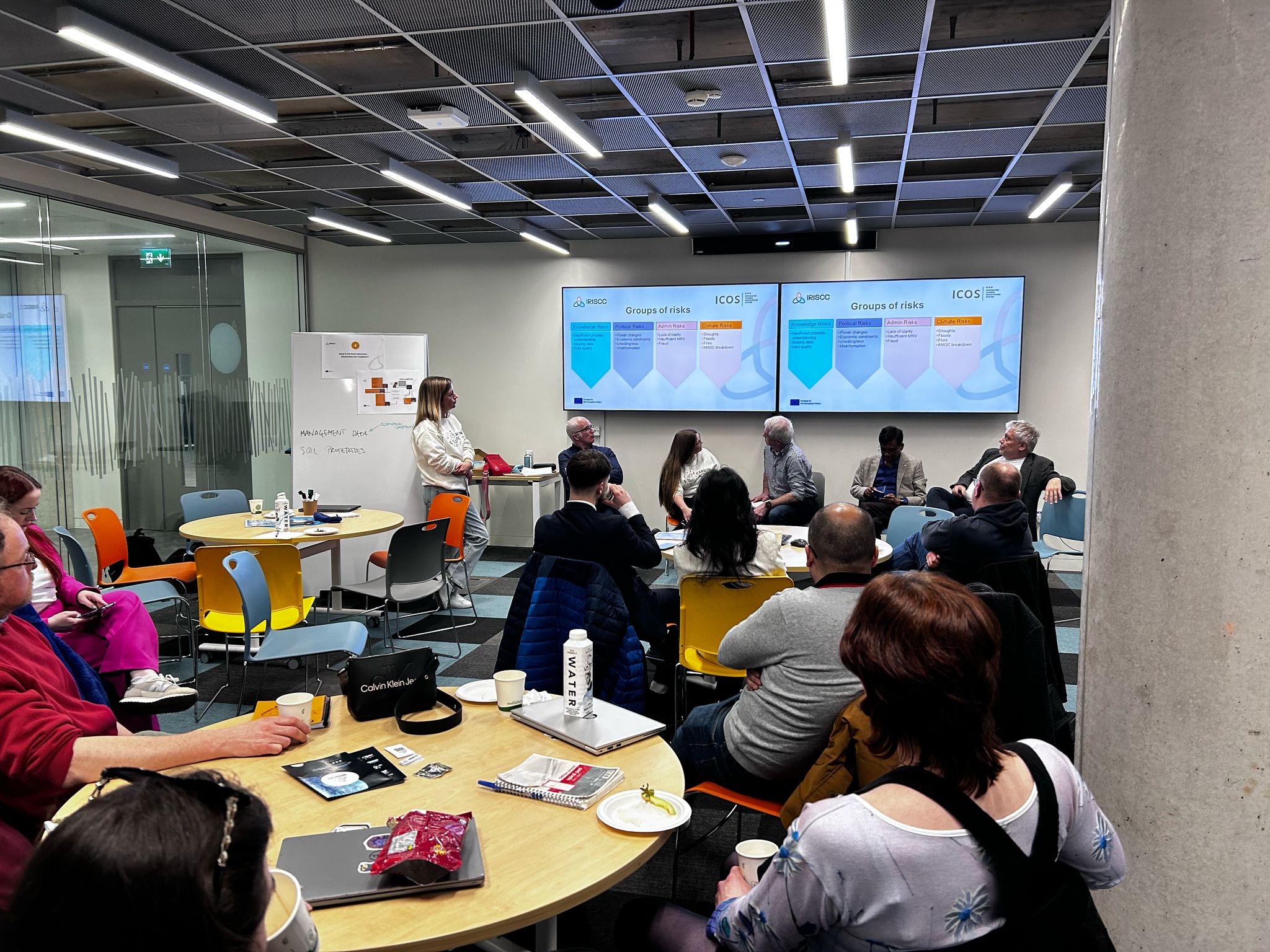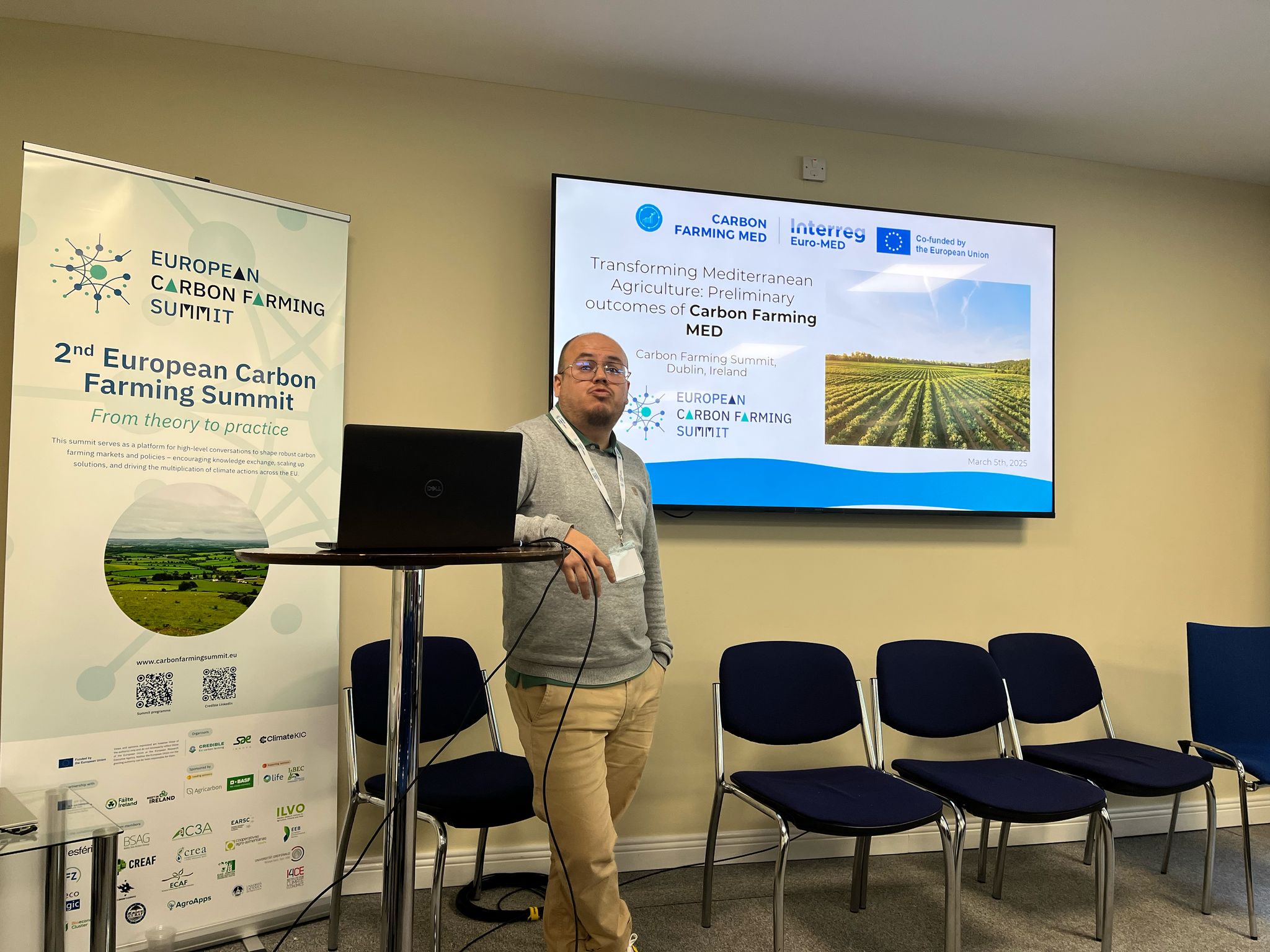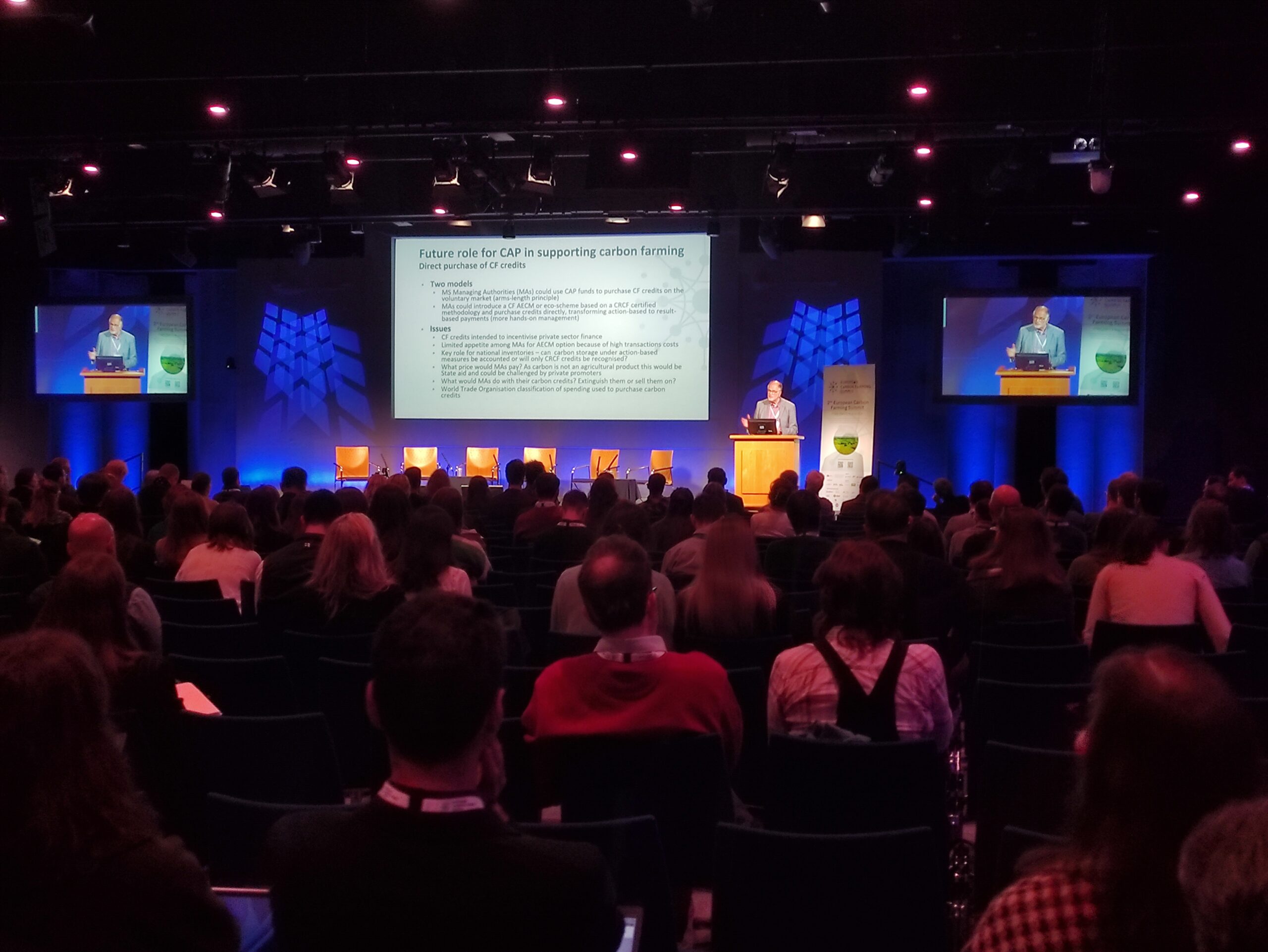Carbon Farming MED actively participated in the 2nd European Carbon Farming Summit in Dublin (4-6 March 2025), playing a key role in discussions on carbon farming certification, Soil Organic Carbon (SOC) modelling, agroforestry, and remote sensing. The event brought together key stakeholders to explore challenges and solutions for scaling up carbon farming.
Encouraging Conversations on Carbon Farming
As a facilitator, Carbon Farming MED contributed to the parallel session “Co-designing a service on carbon farming based on data from environmental research infrastructures”, organized by the Integrated Carbon Observation System (ICOS ERIC) and the IRISCC project. This session focused on developing utopian regulatory frameworks for the Carbon Removal Certification Framework (CRCF) in countries such as Ireland, Spain, Italy, and Belgium.
Beyond this, consortium representatives actively contributed to parallel sessions on SOC (Soil Organic Carbon) modelling, agroforestry practices, and the integration of remote sensing techniques, further strengthening knowledge exchange and collaboration.
These discussions enhanced knowledge exchange and collaboration, reinforcing the importance of data-driven approaches in carbon farming.
Showcasing our Preliminary Results
One of the most significant moments for Carbon Farming MED was the presentation of preliminary results in the co-organized session: “Carbon Farming Challenges in Mediterranean Agriculture: Resilient Project Solutions and Certification Pathways.”
Attendees showed notable interest in the digital platform under development, particularly in its potential to serve as a marketplace for buyers and sellers of carbon credits. This growing interest highlights the increasing demand for transparent and efficient carbon farming solutions in the Mediterranean region.
Key Takeaways from the Summit
-
- Certification Models: There was a strong consensus on the need for certification models and schemes tailored to the regionalized CRCF for the Mediterranean.
- Collaboration Potential: Numerous research institutions and project developers expressed interest in working together to maximize the impact of ongoing initiatives.
- Financial and Economic Barriers: Techno-economic models and funding sources remain a major challenge, as financial constraints are a key barrier to farmer adoption of carbon farming practices.
- Agroforestry as a Carbon Sink: Agroforestry shows high potential for soil carbon sequestration, but a methodological gap in carbon accounting persists. Developing harmonized MRV (Monitoring, Reporting, and Verification) systems is crucial to overcoming this challenge.
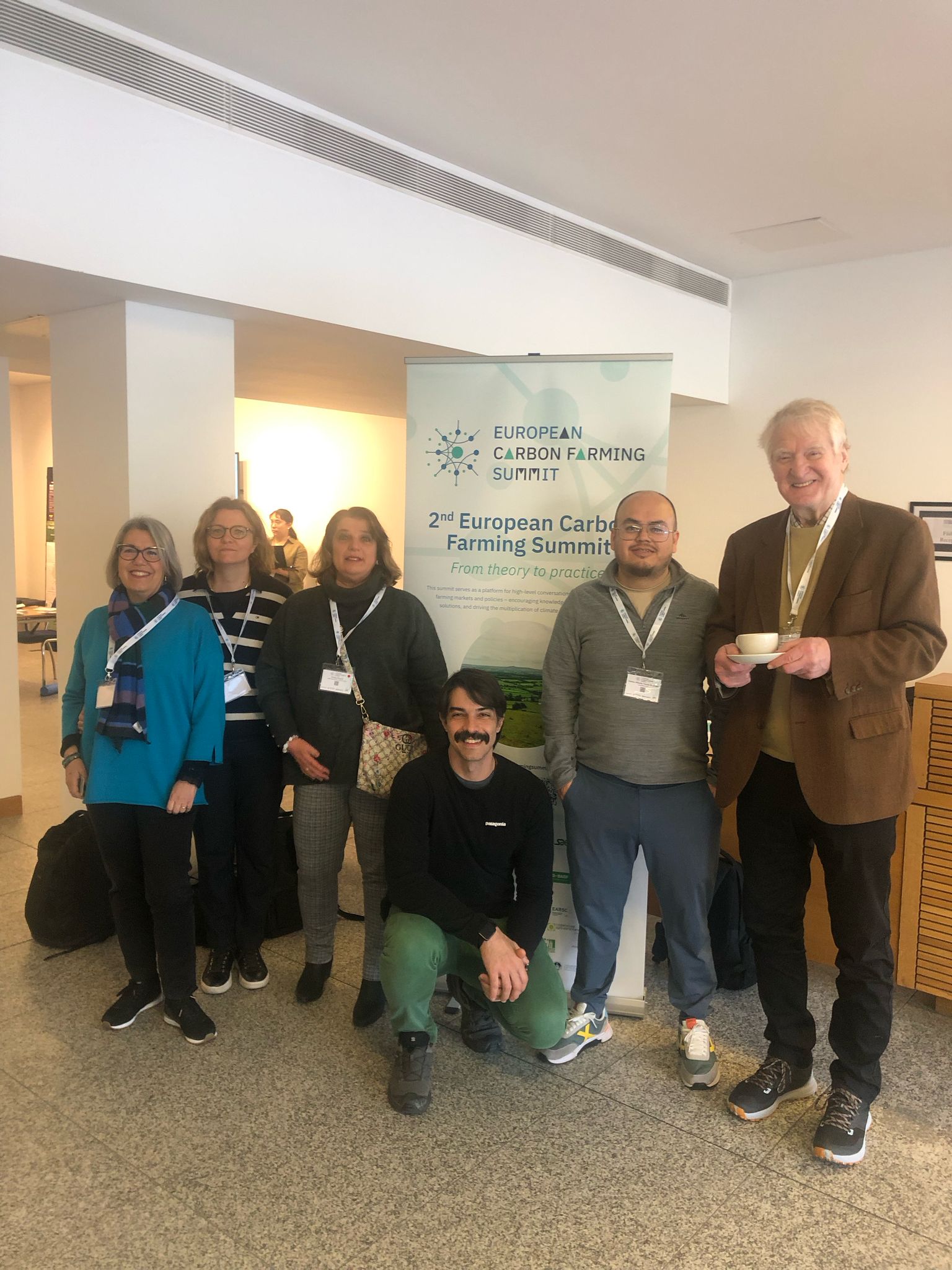
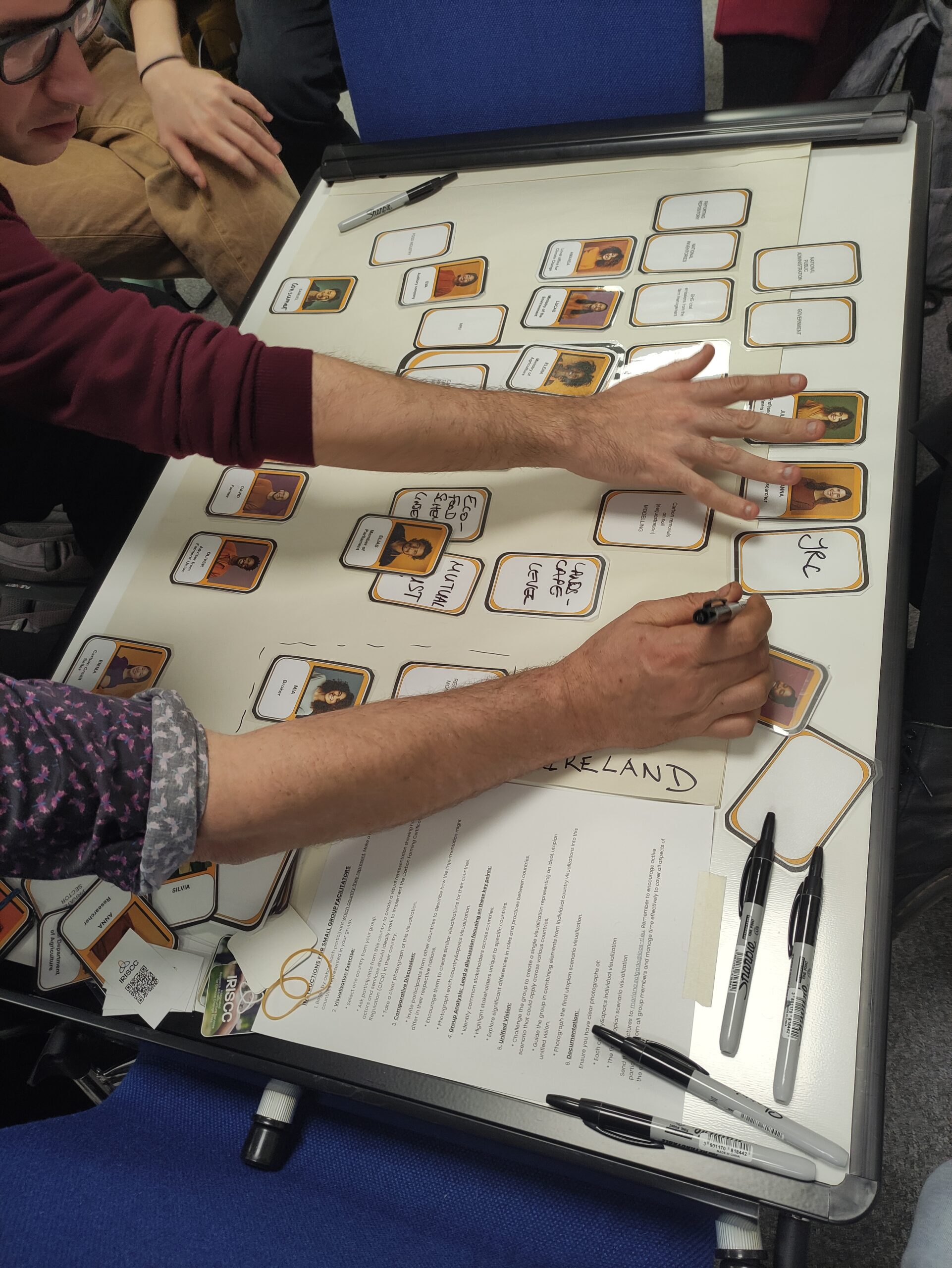
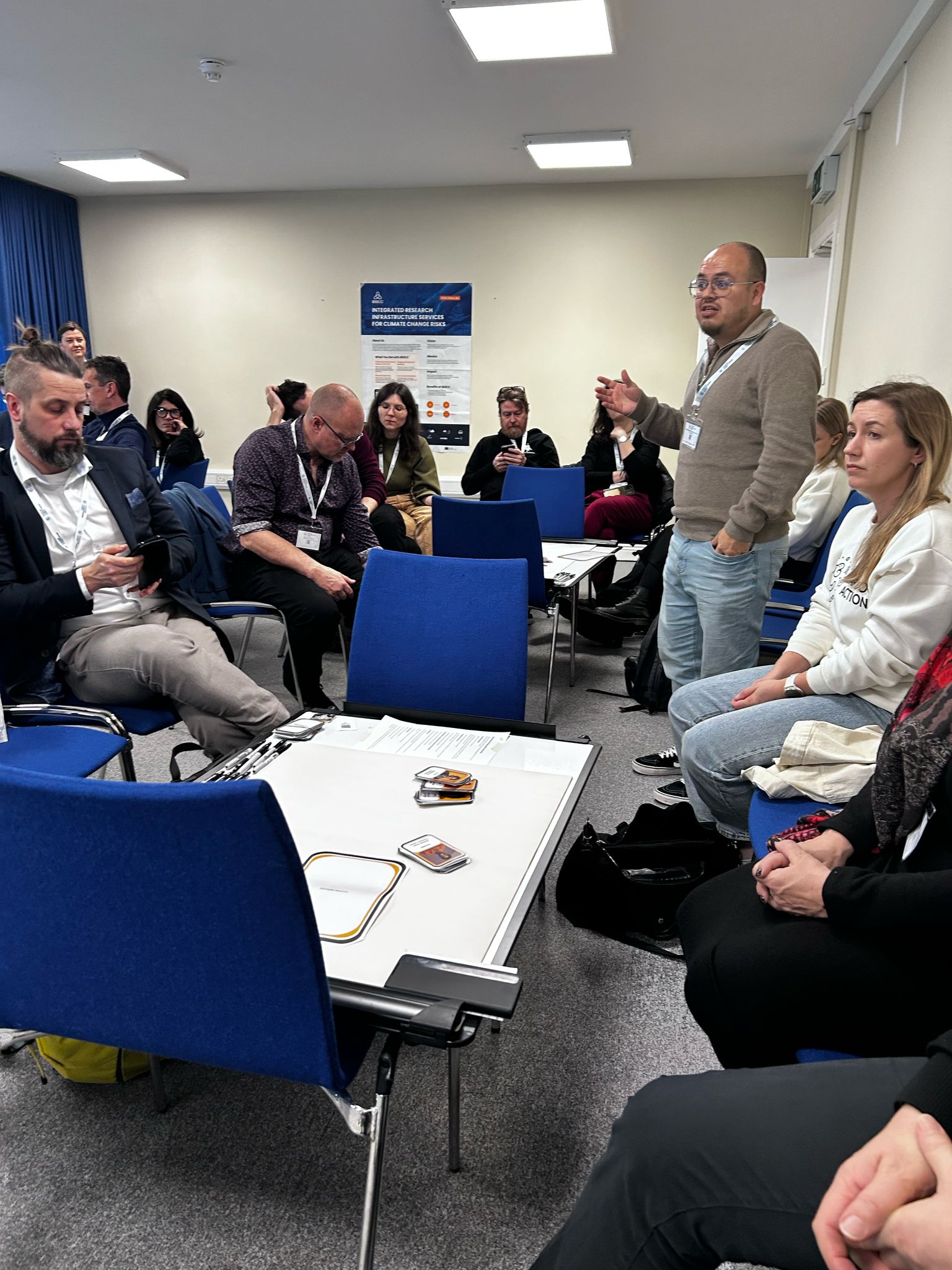
Closing Remarks of the Summit: The Future of Carbon Farming
The Summit emphasized that while many certification schemes and revenue-generating initiatives exist, it is time to provide certainty to all stakeholders through the CRCF.
A holistic approach is needed because carbon farming extends beyond just carbon—it is about transforming agriculture through more regenerative practices, with a strong focus on revitalizing soils.
Additionally, multi-stakeholder collaboration between the public and private sectors is key to achieving better results and scaling carbon farming solutions.
Finally, the Summit reinforced that farmers are at the core of sustainable agriculture. A stronger dialogue between local and technical knowledge is essential to creating a common language that facilitates and accelerates decision-making.
Advancing Carbon Farming in the Mediterranean
The discussions at the 2nd European Carbon Farming Summit highlighted both the challenges and opportunities in scaling carbon farming. As efforts continue to shape certification models, improve collaboration, and address financial barriers, the role of research, policy, and innovation remains crucial.
Carbon Farming MED will keep contributing to these efforts, particularly in the Mediterranean, where tailored solutions are needed to ensure carbon farming benefits both the climate and agricultural communities.
